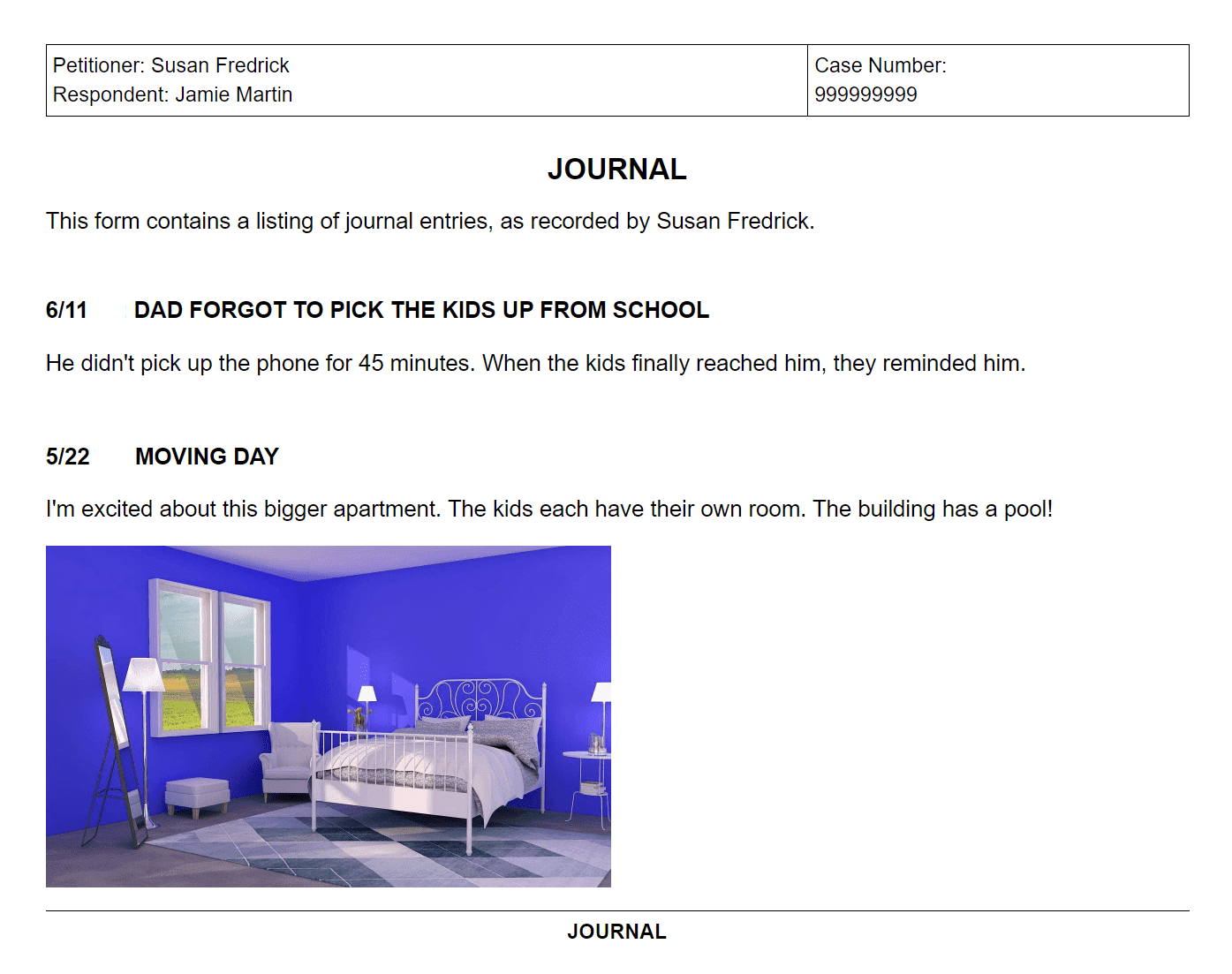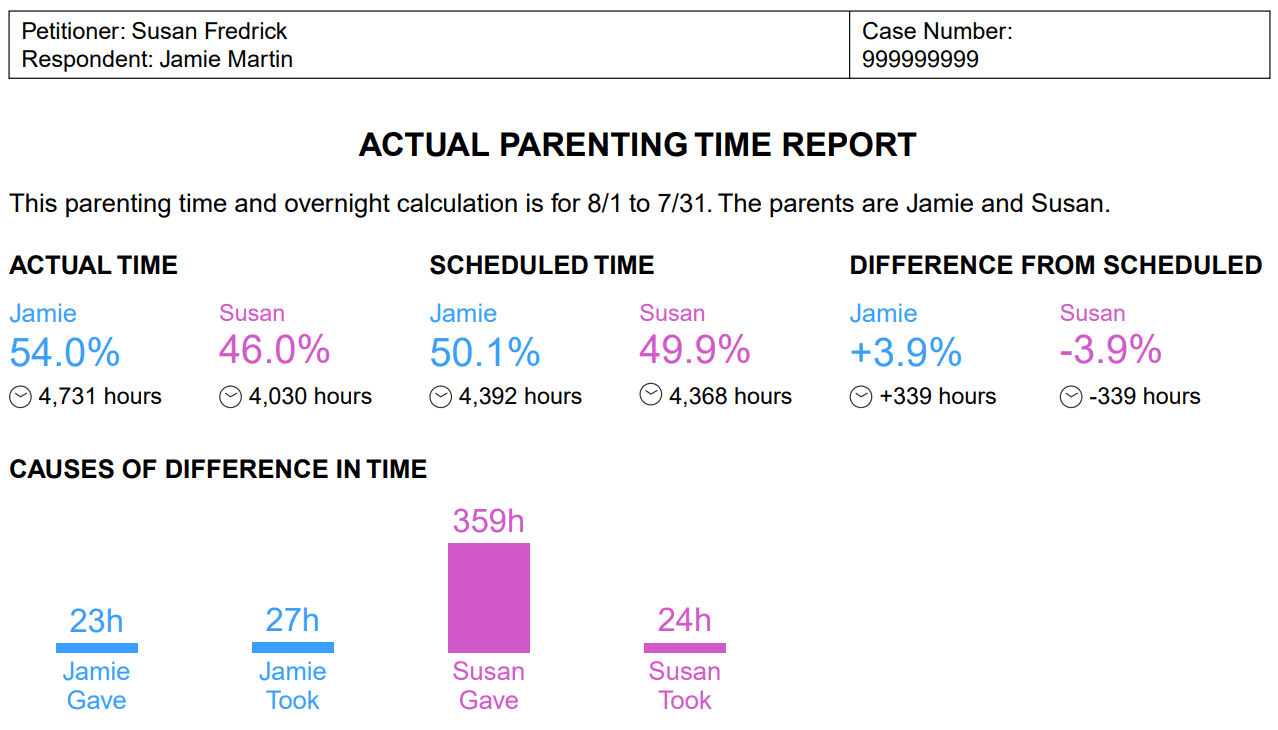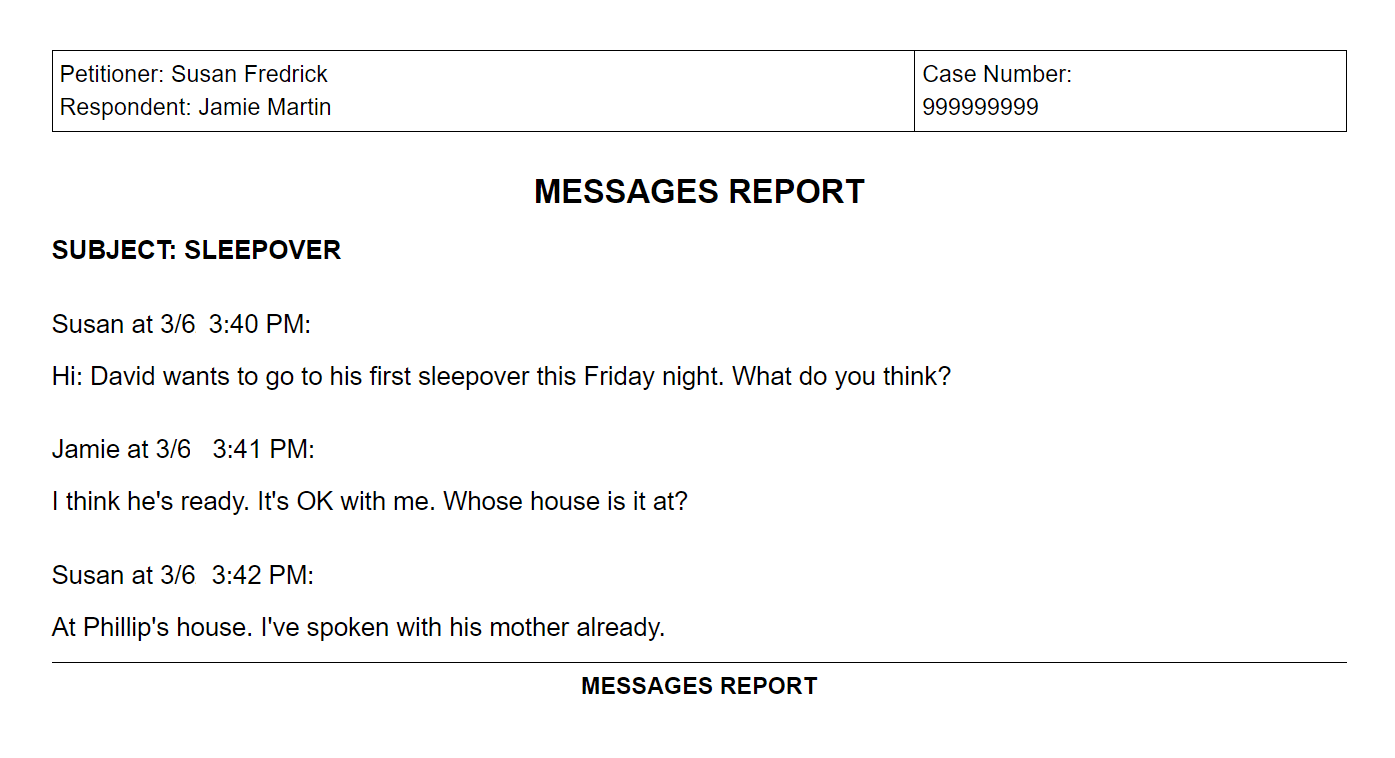When Can You Deny Visitation to the Noncustodial Parent?
Visitation is a point of contention in many co-parenting relationships. Some custodial parents prevent visits out of spite. Others have valid reasons when they deny visitation to the noncustodial parent.
Your custody order may specify instances when you're not obligated to allow visitation. If not, there are still circumstances when you can deny visits.
If you frequently keep your child from visiting without good reason, you can lose custody. Take note of when it is OK and not OK to deny visitation to the noncustodial parent.
Can you deny visitation if a parent doesn't pay child support?
No. Child support and visitation are covered in separate court orders. You cannot withhold rights to one to enforce the other. Only courts and child support enforcement agencies can enforce support orders.
Parents who pay child support are entitled to visitation only if a visitation order grants it. If they don't have visitation rights, the custodial parent does not have to allow them visitation.
Can you deny visitation if a parent has warrants?
No. You cannot deny the noncustodial parent visitation unless there are legitimate safety concerns.
You may be able to get an emergency order to temporarily restrict the noncustodial parent's access to your child while you work on getting a long-term order change from the court. It's best to contact a lawyer or legal aid office for guidance. Contact the authorities if there's an immediate danger to you or your child.
Can a child be forced to visit a parent?
Yes. Ultimately, you must follow your custody order. If there is no risk to the child's safety, they should visit the noncustodial parent. Try to figure out why the child doesn't want to visit and let the other parent know as well so you can try to work out a solution.
Times when you can deny visitation
The following are appropriate circumstances to deny the noncustodial parent visitation. Make sure you collect evidence to show your actions were justified in case you need to go to court. (See "Making your case for denying visitation" below.)
When the visit is unplanned
All visits should be planned ahead of time. If the noncustodial parent calls you out of the blue demanding to see the child immediately, you don't have to send them for a visit. You're only obligated to give them the time that is stated in your custody order.
When there are concerns the other parent will abduct the child
If you suspect parental kidnapping may occur, you don't have to send the child for their visit. You can get an emergency order preventing the other parent from removing the child from the jurisdiction. Later, you may ask the court to require supervised visitation to ensure the noncustodial parent won't take the child.
When you believe your child is being abused or neglected
If you see signs of abuse or neglect or your child confides in you that something is happening, you can stop sending your child for visits. This applies whether the perpetrator is the noncustodial parent or someone they live with.
When the other parent is abusing drugs or alcohol
Parents should not be impaired by drugs or alcohol when the child is visiting them. It puts the child in a potentially dangerous situation as the parent cannot adequately care for them. If you have proof the noncustodial parent is abusing drugs or alcohol, you can deny visits.
Making your case for denying visitation
When you deny the noncustodial parent visitation, they have the right to take you to court. You'll want to have proof that your reasons were valid.
The Custody X Change online app has the tools you need to build your case.
Keep a journal detailing incidents involving the noncustodial parent, and include any relevant photos or other attachments.
 You can customize this to fit your situation with Custody X Change.
You can customize this to fit your situation with Custody X Change.
Track when visits had to be canceled, and that how affected your actual parenting time.
 You can customize this to fit your situation with Custody X Change.
You can customize this to fit your situation with Custody X Change.
Propose a revised parenting plan with provisions designed to protect your child while they're visiting with the noncustodial parent.
 You can customize this to fit your situation with Custody X Change.
You can customize this to fit your situation with Custody X Change.
Print out messages showing conversations about visitation.
 You can customize this to fit your situation with Custody X Change.
You can customize this to fit your situation with Custody X Change.
Custody X Change helps you create and maintain a fair and healthy visitation arrangement.
